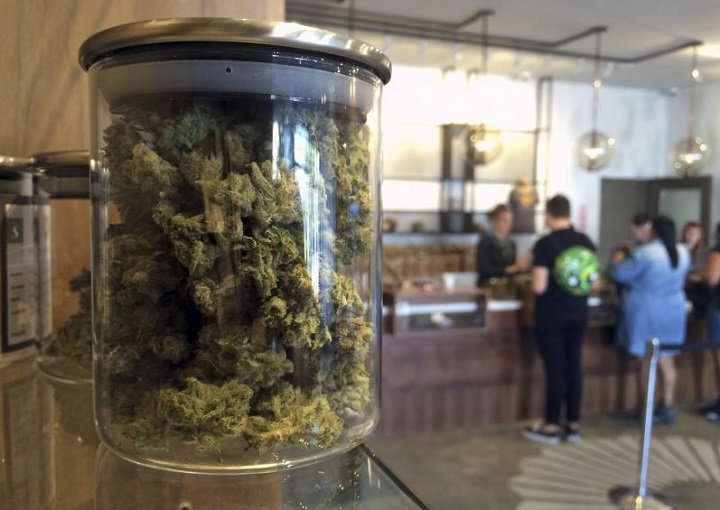It has been reported that state health officials have set a tentative timeline for initiating a medical cannabis sector in North Dakota, with an end goal of having the drug available to patients in the spring of 2018.
As a call to action, the Health Department has asked anyone interested in producing or distributing medical cannabis to notify the agency by July 28. Even though the letters of intent aren’t essential, it should give officials an estimated head count on those interested.
“We want to know how many are really serious about getting into this, either from a grower standpoint or a distribution standpoint,” said Kenan Bullinger, who is the director of the department’s medical cannabis sector.
Last November, North Dakota voters approved medical cannabis and the Legislature earlier in 2017 created regulations that Gov. Doug Burgum approved in April. Under the North Dakota Compassionate Care Act, medical cannabis is allowed to treat 17 medical conditions, along with terminal illness.
Keep in mind that patients will have to register with the state and they won’t be able to grow their own. The Health Department has plans to register two “compassion centers” to manufacture the drug and eight more to dispense it. Additionally, the agency has the authority to add dispensaries in parts of the state without one.
To get a feel for how long the process takes, the Health Department has observed other states, such as Minnesota, that have set up medical cannabis systems. Additionally, the letter-of-intent process will give officials an even better idea of the number of prospective applicants. “We want real, and thorough applications,” Bullinger said. “We want to give as much time as possible.”
As of right now, the Health Department plans to open the application process in early August and close it at the end of September. After that, the agency will review the applications in October and then make their selections in early November. Officials have predicted that it will take manufacturers roughly six months to set up institutions and grow the first crop of medical cannabis. If all goes as planned, medical cannabis will be available to patients in April, May, or June of 2018. This timeline falls within the department’s earlier estimates. “I think we’re still on track to deliver 12-18 months after the signing of the bill,” Bullinger noted.
It’s good to note that there is no cost for potential distributors or growers to submit a letter of intent. However, there will be a non-refundable $5,000 application fee for proposals. In addition, manufacturing operations will have to pay $110,000 and dispensaries will be charged $90,000 for a two-year certificate.
Featured Image: Twitter











